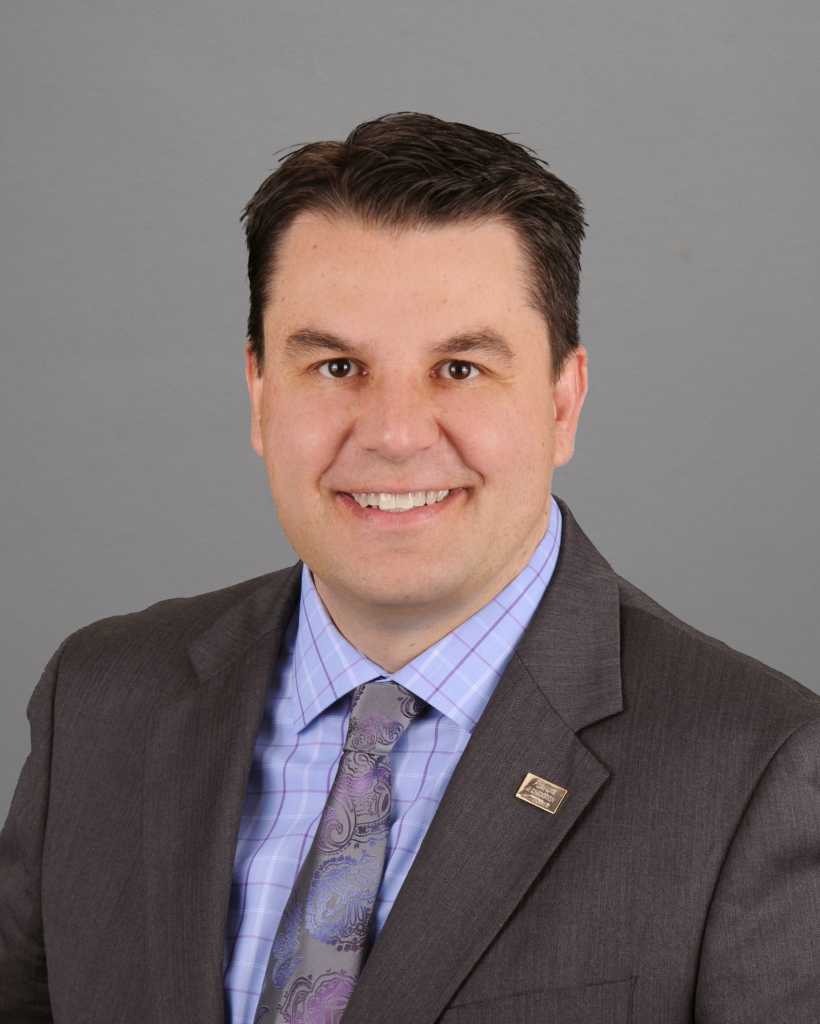We’ve talked at a high level about some potential change to the AEA system that could be discussed this legislative session, and today I want to share with you a few more insights we’ve gained into the Governor’s potential plans for the AEAs.
This week during a legislative forum in Le Grand, Republican legislators in attendance shared that AEAs will be among key educational issues addressed in the upcoming session. Additional detail was shared, specifically by Senator Ken Rozenboom (R-Oskaloosa), who made statements about the “administrative bloat” and “mission creep” of the AEA system. (The Marshalltown Times-Republican recapped the forum in this article which provides further detail.)
We have continued to share information with you as it became available, and this is the first time we’ve had substantiated information about the upcoming legislative session for us to address. While this information likely stirs up defensive emotions for us internally about our work and the difference we know we are making for students, families and educators in Iowa, we now have a clearer picture of the concerns about the AEA system, which makes it easier to be more targeted with our advocacy efforts. The public sharing of the Governor’s concerns is an expected part of the pre-legislative session preparations, and we’re eager to work collaboratively to respond to them.
Should you wish to advocate with your local legislator on behalf of Iowa AEAs, please coordinate with Beth Strike or me and ensure that you are following these guidelines.
Effective Legislative Engagement Strategies for AEA Staff
As professionals on the front lines of education, AEA staff are uniquely positioned to provide valuable insights to lawmakers and influence policies that affect the quality of education in the state. The following tips are important to review to ensure that staff lobbying efforts follow the law and have the greatest impact.
Rules for Engagement
- AEA staff must not use AEA-provided devices or email addresses when engaging with legislators, and should only communicate with legislators outside of traditional work hours. Similarly, staff who engage on social media with legislators must do so outside of traditional work hours.
- When engaging with a legislator, staff members can identify their role within the AEA system, but also should state that they are reaching out from their individual perspective. For example, a staff member might write, “I’m writing to you as a constituent in your district who has concerns about xx topic. In my work as a physical therapist with the AEA….” This helps introduce your concerns and provides your perspective while demonstrating that you’re not speaking on behalf of the AEA system.
- Be personal when talking about your topic. Your AEA will provide you with data and key messages, but your perspective as someone who works for the system is highly important in compelling legislators to understand the impact of their decisions.
- Be respectful. Remember that legislators are associates with whom educators need to partner, and their intention is to make improvements for our state. Our job is to help inform them of the potential impacts of their decisions, and to provide a valued perspective as they gather information.
Key Talking Points
The AEA system will compile key data points and resources that staff might find helpful in drafting their messages to legislators, but it’s important to customize each email or phone call to your own issue from your perspective. Being clear about your issue will allow you to focus your efforts and create a compelling argument by:
- Describing the direct services you provide.
- Emphasizing the importance of AEAs to rural districts.
- Describe how reducing your services through funding cuts could impact services to kids.
Avoid using educational jargon and don’t assume that the legislator has a working knowledge of your area of service. Be succinct, respectful and clear.
Contacting Legislators – Who to Contact and How
Staff are encouraged to engage with local legislators regularly through emails, phone calls, or in-person meetings. Personal stories and experiences are powerful and much more impactful than generic statements, and staff who work in our system are instrumental in sharing an intimate look at the potential impact of legislative decisions.
The Iowa Legislative website also provides a contact directory or you can use these Senators by School District and Representatives by School District spreadsheets sourced from the Iowa Association of School Boards (IASB). Identify the legislator living in your area and, again, make contact using your personal email address only during non-working hours.
Please know that we continue to work with legislators and the Governor’s office, and this latest development just helps ensure we can be more specific in our outreach and efforts to establish an open line of communication. Continue focusing on doing great work with students, families and districts, and know that we’ll keep you apprised of information as it becomes available.

